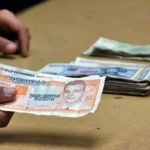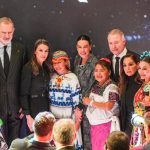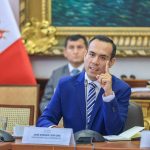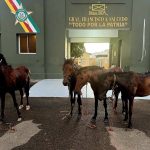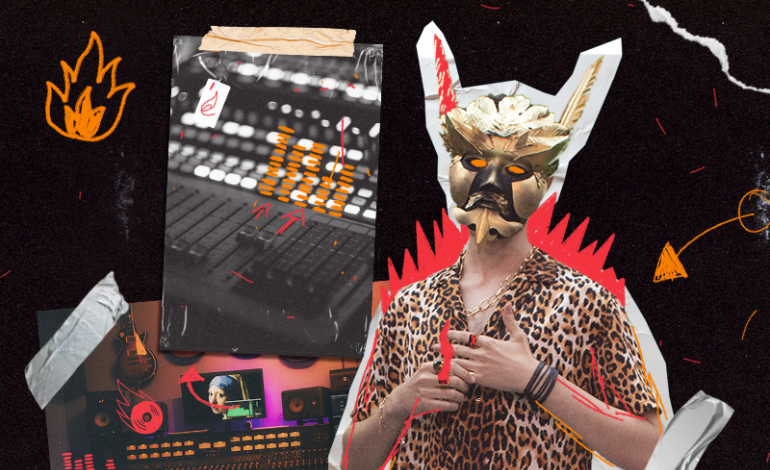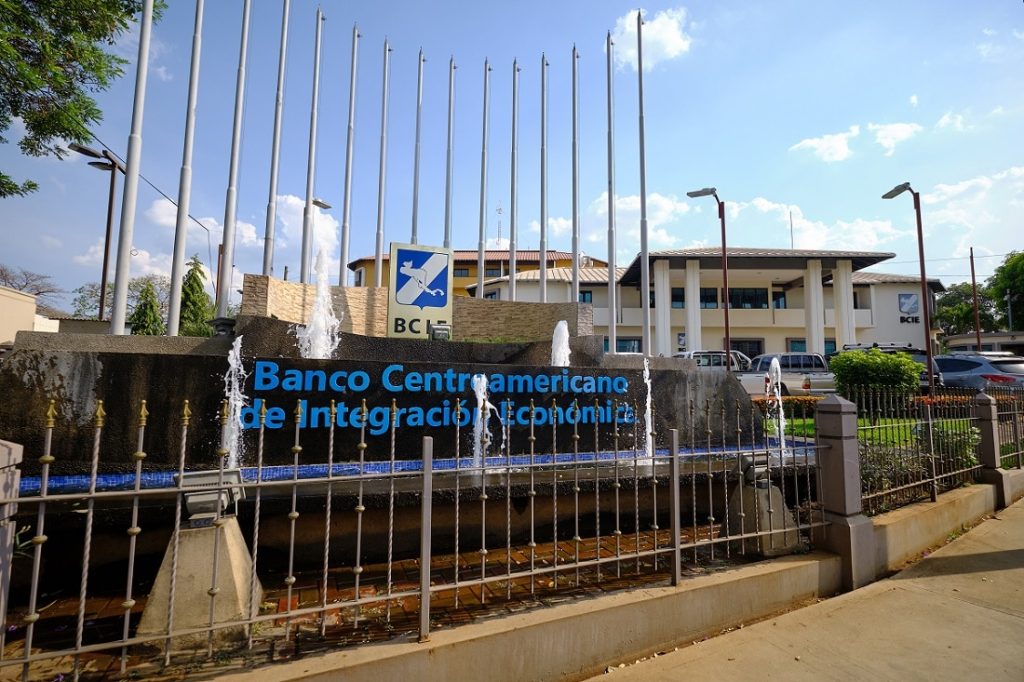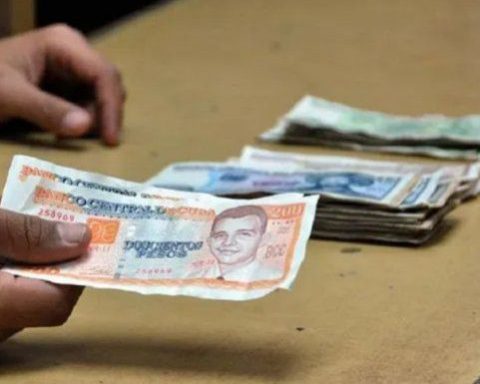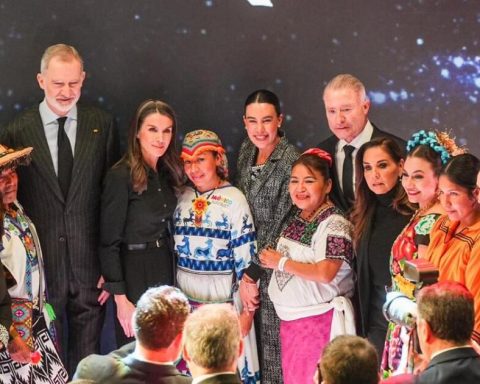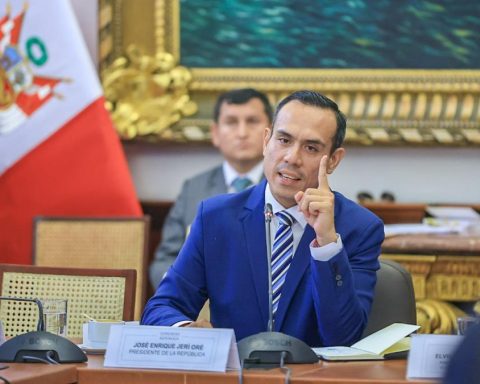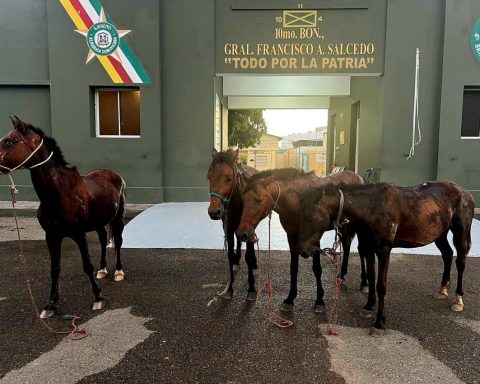Some 250 participants from the seven ethnic groups that exist in Panama have been fighting since Wednesday, not only to win a medal in the Indigenous Ancestral Games, but to rescue the customs and traditions of their communities.
Clímaco Dogirama is 37 years old and belongs to the Embera ethnic group. With his participation in the spear competition, he wants to honor his grandfather, who hunted for a living.
“My grandfather used the spear to hunt. We only use it for sport (…), but we are representing them. Many of us have lost (traditions) and we are rescuing them again, we are rescuing their culture,” he said.
The competitions, which are in their third edition, are a four-day meeting that takes place in the Ngäbe-Buglé region, in Bocas del Toro, in which the participants discuss sports disciplines inherent to their history and way of life.
The president of the Association of Indigenous Ancestral Games, César Cires, of the Ngäbe ethnic group, pointed out that the event “was born with the idea of spreading, preserving and promoting our indigenous cultures through ancestral sports activities.”
The jousts will culminate on Saturday 18. The tests on land such as bow and arrow, spear, races of 100 meters and 10 kilometers, loaded with logs and pulling the rope take place in the Pueblo Nuevo village, Burí.
Meanwhile, swimming and canoeing compete in the Chiriquí Grande port.
“Our ancestors were warriors. We tried to teach the new generations that at some point that was important,” Cires said.
David Mezúa, 18, winner of the swimming competition in the middle of the Caribbean Sea, is “proud to be an Embera.”
“I feel happy (…). My grandfather was also happy and I don’t want to lose our culture, I want to move on,” he said.
Kasey Shields, British on her father’s side and guna-yala on her mother’s side, at 16 she won the female branch of the same discipline. “I am very passionate about swimming and more about my indigenous culture, I would like to learn a lot more,” he said.
According to Cires, Panamanian delegations have already participated in the World Indigenous Games in 2015 (Brazil) and 2017 (Canada). They hope to do it again in 2022, in the third edition, also in Brazil.
In Panama, the seven recognized indigenous ethnic groups are the Ngäbe, the Buglé, the Guna, the Embera, the Wounaan, the Bri Bri, and the Naso Tjërdi. Between all of them, they represent 12% (417,000) of the population of this Central American nation, according to the last official census, of 2010.
According to the International Working Group for Indigenous Affairs (IWGIA, for its acronym in English) these communities face serious challenges, “especially related to their recognition, territorial rights and cases of forced eviction.”
